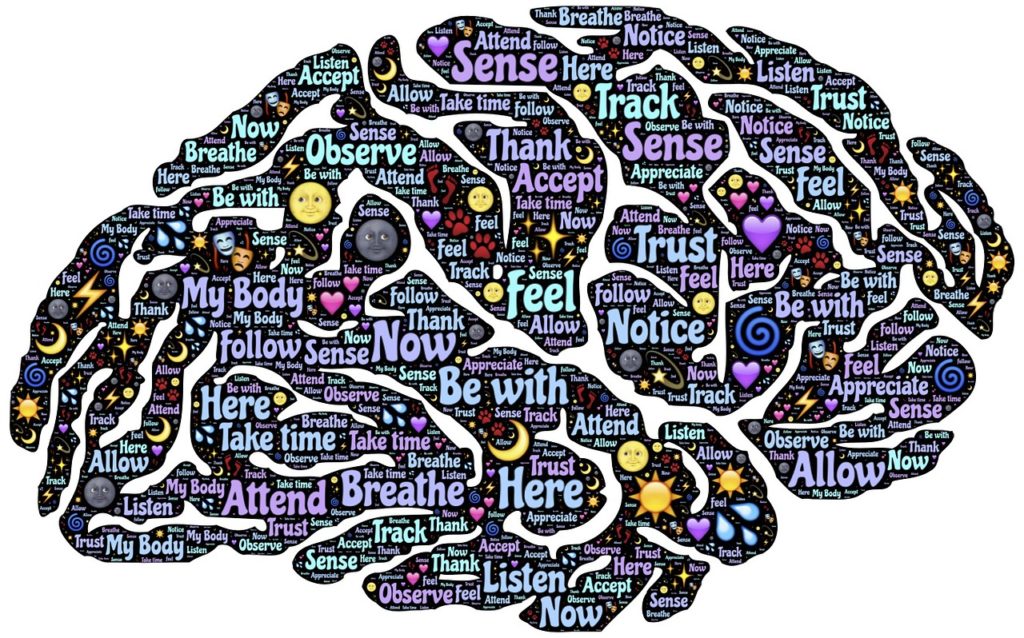If You Want to Change the World, Change Yourself
Maybe you’ve heard this “advice” before and found it confusing or even silly. But read on, for you’re going to learn about Cognitive Behavioral Therapy (CBT), and how it works…
First, though, why might CBT be important? Well, as a human being, you are inevitably subjected to experiences of having to face problems and difficulties; and these can often lead to pain, frustration, and suffering. This is where CBT can be quite helpful, for it is a powerful psychological skill that can be used to both problem-solve and better manage our feelings. It is also a very effective and helpful intervention for those who struggle with depression, anxiety disorders, addictions, and dysfunctional relationships.
______
Now, there are times when things go as we want, even as we planned; but then of course there are times they don’t. When we don’t like what has happened, we naturally want, and go about trying, to “change the world” – which usually means attempting to alter circumstances, or convince others to believe or behave differently. Well…there is always the possibility, and certainly the hope, that this will happen – that we might indeed actually bring about change or alter circumstances, or maybe even get someone else to change their beliefs and behaviors.
But there is also another way to “change the world” and it doesn’t necessarily require that those external circumstances change, or that the people involved behave differently. It has to do with how we comprehend and interpret a situation; more specifically, how we perceive and then consider it differently! This involves the work we do to “change ourselves.”
______
To understand how this could be – and how CBT works – consider how a change in perspective is presented in a paradigm shift, as in The Captain or On a Subway. In both of these examples, a person experiences two quite different reactions from being in the exact same situation…all because the beliefs that the person “used” or applied changed.
In other words, the reaction one has to any given event is derived from the particular (and most usually) sub-conscious belief system one has applied to the experience. But when a different – or altered – set of beliefs is used to interpret the event, then different thinking results…and consequently, one has a different set of reactions and feelings.
In short, when your thinking changes your experience of the world changes, too!
______
When it comes to interpreting our own life experience – that is, in our daily routine as we interact with others – our reactions are the result of deep, mostly hidden beliefs we hold and most readily apply to a given situation. Yet it is important to understand that we are rarely conscious of this process – we are instead far more focused on the feelings that come up…and pay little attention to the thinking that led to them.
Sometimes, of course, our “thinking” and the beliefs we have are valid, and we’ve gotten the reality right; and thus our reactions and behaviors are appropriate and congruent. But then there are also times when we “don’t get it right,” when dysfunctional beliefs, limiting biases, or a crippling misapprehension prevent us from understanding truthfully what is going on.
This is where the work of CBT may begin – and the payoff can be rather impressive.

